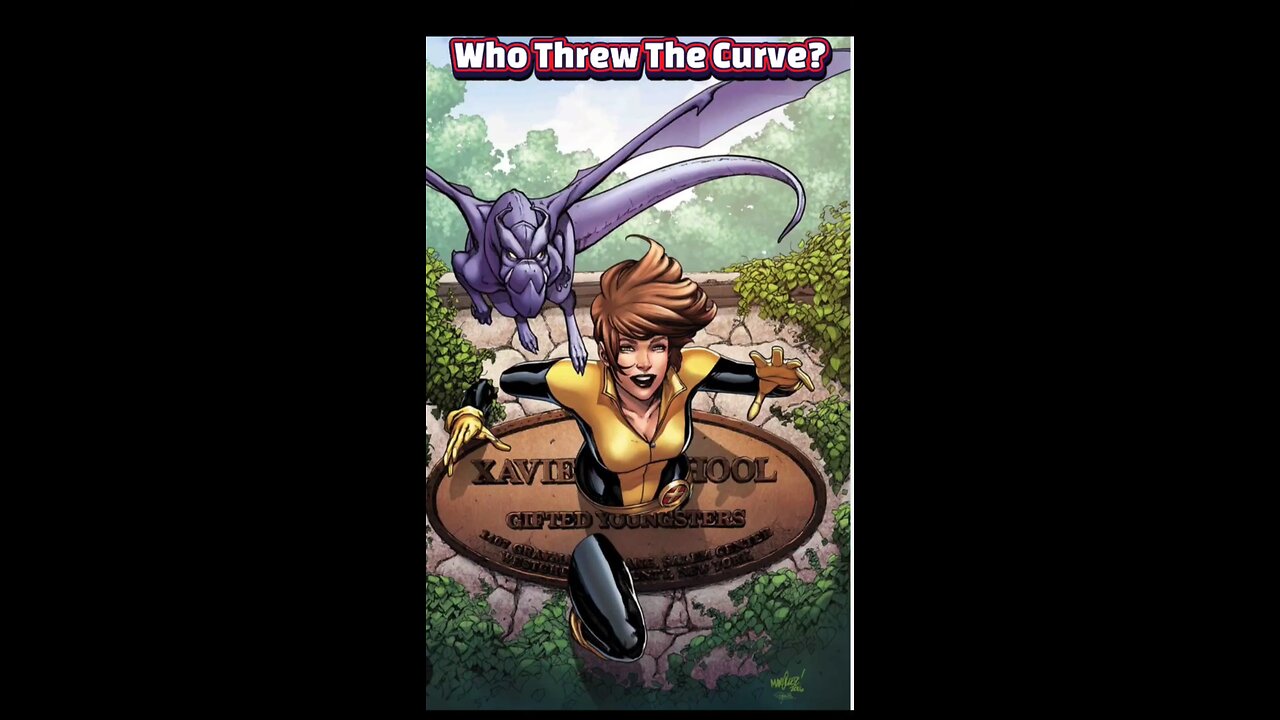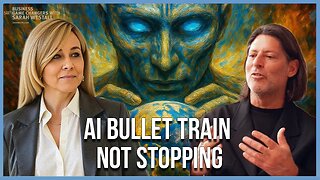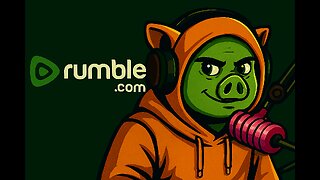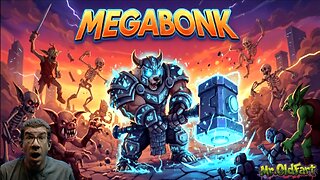Premium Only Content

Marvel Finally Admits Kitty Pryde Was Never Meant to Be an X-Man
#KittyPryde #XMen #MarvelComics #ComicBookLore #MutantSaga #MarvelTruths #Shadowcat #KrakoaFall #ComicEssay #GeekCulture
Marvel has quietly conceded that one of its most enduring young heroes may have gotten the raw end of the deal by joining the X-Men. In Exceptional X-Men #12, written by Eve L. Ewing with art by Federica Mancin, Marvel frames Kitty Pryde’s career choice as a cautionary tale rather than a triumphant origin story. The issue opens with Kitty’s students traveling back in time, observing her childhood neighborhood and wondering aloud why her life has unfolded so disastrously since she donned the X-Men uniform.
This narrative device hinges on Bronze’s pointed observation: Kitty’s run with the X-Men has been marred by tragedy at every turn. Although she was lauded as a prodigy, the youngest mutant ever to join the team, those earliest missions subjected her to mental and physical torment that left deep scars. Bronze’s critique forces readers to reconsider whether a teenage mutant facing life-and-death stakes should ever have been thrust onto the front lines so quickly.
The litany of horrors begins when Kitty, still barely a teen, is abducted by Wolverine’s former mentor Ogun in Japan, brainwashed into serving as the deadly assassin Shadowcat. Her darkest moment comes in Giant-Size Astonishing X-Men #1, where she phases Earth through itself to avert apocalypse, only to find herself eternally adrift in space, a sacrifice so extreme it redefines selflessness in superhero lore. These incidents underscore how a gift for “phasing” can become a curse when wielded in desperation.
Her ordeals didn’t stop there. During the fall of Krakoa, Kitty was compelled to execute Orchis agents in Jerusalem, a massacre that left her wracked with guilt and disillusionment. In the aftermath, she’s portrayed as financially destitute, emotionally exhausted, and literally lost in the timestream, far from the confident mentor fans remember. Marvel’s frank depiction of her downward spiral highlights the personal cost of living in comic-book peril.
By introducing an alternate-timeline Kitty who never joins the X-Men, the story invites a haunting question: would her life have been happier or more fulfilled on a quieter path? Marvel’s own admission, that Kitty Pryde should never have become an X-Man, serves as a powerful commentary on the price of heroism. It suggests that glory and growth often demand sacrifices so extreme they eclipse the very ideals they’re meant to uphold.
-
 7:13:47
7:13:47
SpartakusLIVE
10 hours ago#1 Mountain of Muscle with HUGE Legs saves your weekend from complete BOREDOMNight HYPE
42.3K1 -
 47:42
47:42
Sarah Westall
10 hours agoFreedom or Slavery? AI will Change Everything w/ Trump Senior Advisor Marc Beckman
56.7K12 -
 2:23:20
2:23:20
vivafrei
17 hours agoEp. 285: Visa Revocation No-Go! Sortor Arrested! Ostrich Crisis! 2A Win! Comey Defense & MORE!
115K108 -
 5:55:11
5:55:11
CassaiyanGaming
8 hours ago🟢LIVE - VISITING GOOB LAGOON! - Will They Rip Me Off?!? Waterpark Simulator
41.8K4 -
 5:42:21
5:42:21
EricJohnPizzaArtist
6 days agoAwesome Sauce PIZZA ART LIVE Ep. #64: Robbie “The Fire” Bernstein
48.5K2 -
 2:23:58
2:23:58
Nerdrotic
11 hours ago $18.87 earnedDeDunking the Debunkers with Dan Richards | Forbidden Frontier #119
63.1K15 -
 5:37:53
5:37:53
SlinderPigCamz
8 hours ago $1.78 earnedThe Headliners and other games W/GrinchyGamer101 (Road to 500 Followers)
26.3K -
 11:10:20
11:10:20
MrOldFart
12 hours ago $6.42 earnedLIVE - MEGABONK First Playthrough - Mr.OldFart
35.2K -
 9:06:53
9:06:53
GritsGG
14 hours agoWarzone Win Grinding! Most Wins in WORLD! 3680+!
87.3K1 -
![[LIVE] POST-SHOW | STAR WARS: Jedi Academy - Movie Battles 2 | ReaperAF95's Community Event Day 2](https://1a-1791.com/video/fwe2/ce/s8/1/E/Q/f/o/EQfoz.0kob-small-LIVE-STAR-WARS-Jedi-Academy.jpg) 7:07:08
7:07:08
Joke65
10 hours ago[LIVE] POST-SHOW | STAR WARS: Jedi Academy - Movie Battles 2 | ReaperAF95's Community Event Day 2
37K
